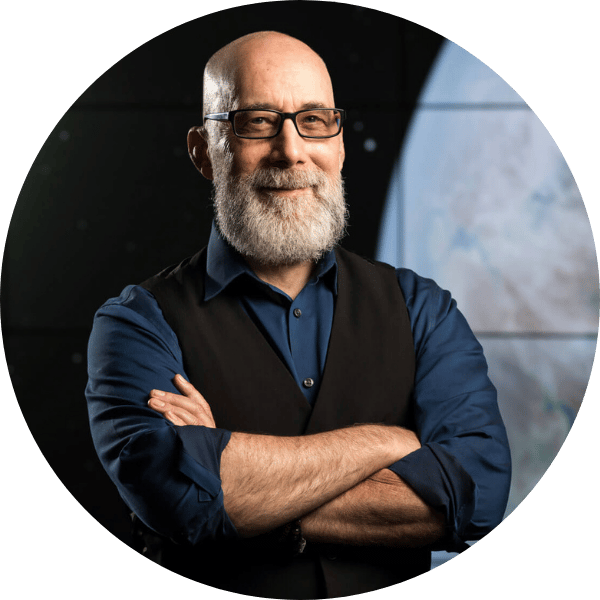I wasn’t planning on another piece on Buddhism so soon but, by the time you’re reading this, I’ll be on my third day of a “sesshin” at The Vermont Zen Center. A sesshin is a multi-day meditation intensive that starts at 5 am and goes till 9 pm. You sit in 24-minute rounds in 2-to-3-hour blocks with a few breaks for meals and some rest. There is also a talk by the teacher (mine is Rafe Martin). All told it’s about 7 hours of mediation each day.
And now you’re asking why the hell would anyone do that? Yeah, good question.
Here’s why.
I’ve been “sitting” in the Zen tradition for 30 years. In the beginning it was very hard and very, very boring. But even back then, I’d notice that after the first day of a sesshin something would begin to shift. The mind just wears itself out running through the usual concerns, petty internal arguments and pointless meanderings. After a while what you’re doing stops being “meditation” and shifts to something deeper: contemplative practice.
As mind becomes more concentrated and still the whole body becomes involved. Like a submarine diving to uncharted depths, there is sense of exploration. It’s active. More important, it becomes a practice where you must ride each breath like surfing a wave. On each rise and fall you must inhabit the body more completely, more presently. If not, the attention snaps and you’re back to the usual mind chatter.
So, you pick yourself up and start again. You sink deeper and more completely. It goes on and on and then… suddenly… something happens. Seriously. There’s not much more I can say because words kind of suck in describing the long stretch of silent discovery and the equally sharp moments of insight. Either way, you have learned something. You have seen something about this life - your life, all life - and its bottomless depths, its strange matter-of-factness.

You’re exhausted but your also energized and, for the moment, you feel like something has changed. Really, deeply, changed. That’s why you come back and do it again.
So, there are lots of reasons to do contemplative practice but ultimately it’s because of what you learn (for me that’s it most important connection to science). Ultimately, what you’ve learned becomes a glimpse into a great, boundless compassionate joy. Then you’re ready to go back into the world and try to be useful.
PS. Please excuse typos. I could not get this one proofread.
PSS. Questions? Please leave comment on the website version of the post or email me at [email protected]

— Adam Frank 🚀


